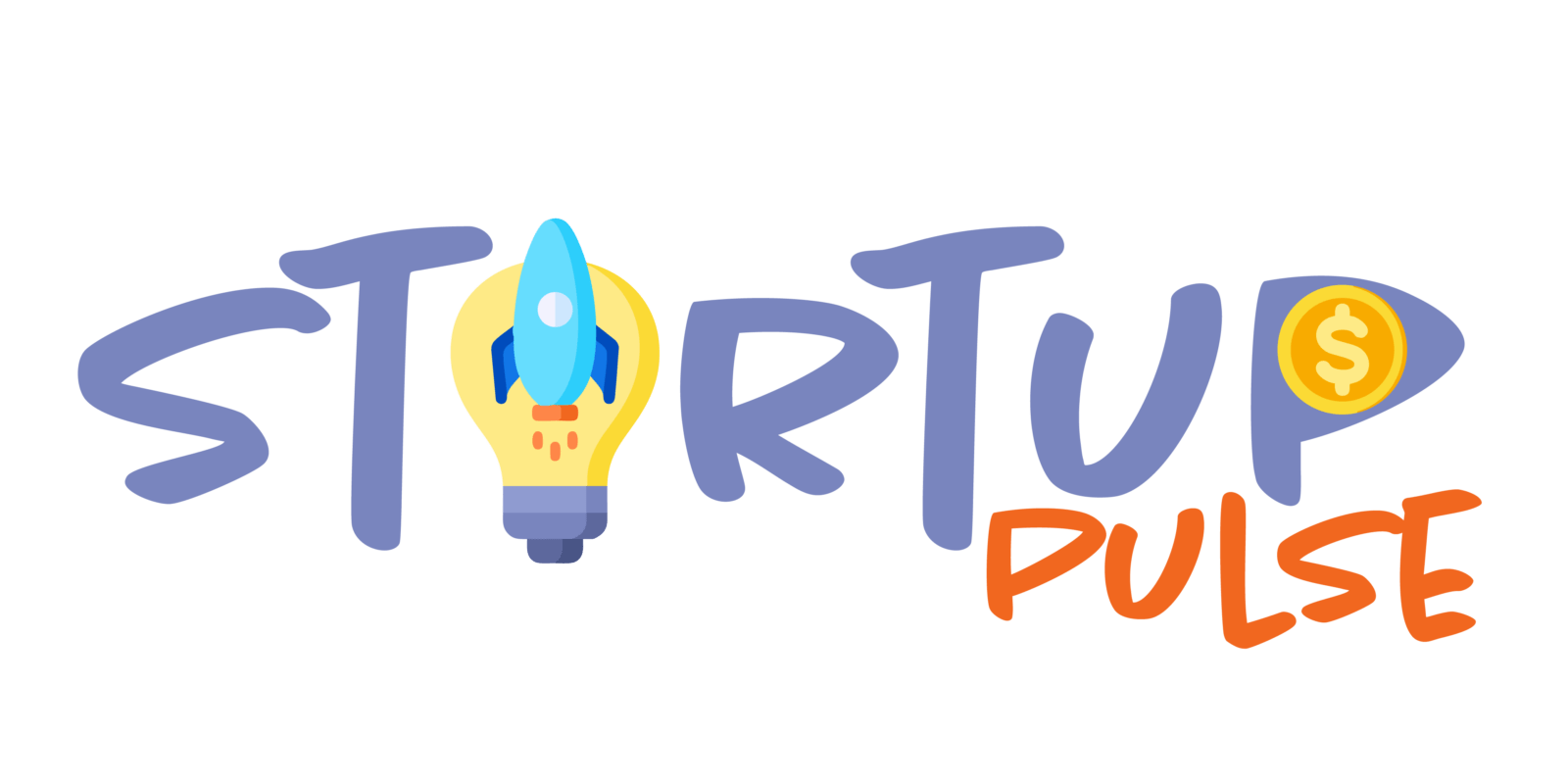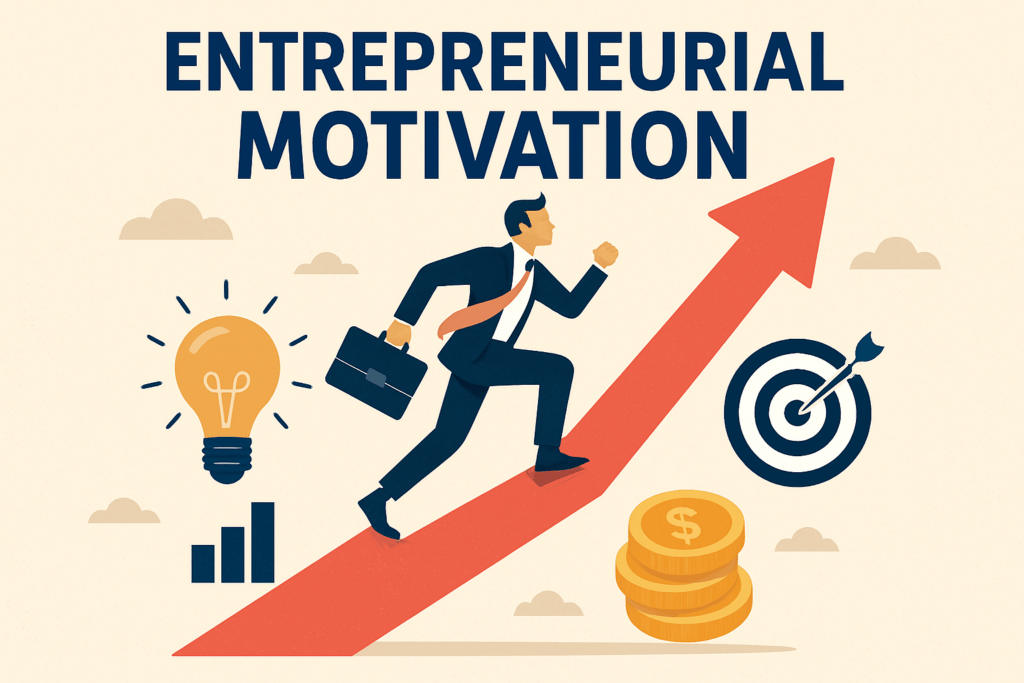Startup Founder Inspiration: Why It Matters
- Introduce the transformational impact of leaning on others’ journeys for motivation.
- Explain why real startup stories offer unique value: honest, raw, and relatable.
Startup Founder Inspiration: Why It Matters
There’s nothing quite like hearing how someone else made it through the fire to emerge stronger. Startup founder inspiration isn’t just a buzzword—it’s often the missing fuel that keeps the engine running when your own motivation sputters. Leaning on others’ journeys is transformational, especially in the high-stakes, high-pressure world of entrepreneurship. Their stories crack open the process, showing not a tidy highlight reel but the messy episodes—the close calls, sharp pivots, and small wins that keep you pushing forward.
Real startup stories stand out because they don’t sugarcoat things. They capture the hard, honest work and the raw failures. You won’t find glossy magazine covers here; instead, you’ll find late nights, doubt, and problem-solving on the fly. This makes them relatable. You see yourself in these stories and remind yourself you’re not alone in fighting through uncertainty. These accounts give you more than just hope; they hand you blueprints—ideas you can tweak, mistakes you can avoid, and proof that ordinary people can build extraordinary things. In a world overloaded with hype and highlight reels, founder stories cut through, reminding you why you started—and why you should keep going.
Traits That Set Great Founders Apart
Here’s the unvarnished truth: greatness leaves clues, and when it comes to successful founders, the markers are less “secret sauce” and more about core qualities amplified through action.
First up—resilience tops the founder toolkit. Ask around, and you’ll hear the same story in fifty different flavors: launch, fail, adapt, repeat. The founders who stick around aren’t superhuman, but they’re ridiculously stubborn about getting back up. Setbacks aren’t signals to quit; they’re data points for the next experiment. That optimism edged with realism? Pure founder gold.
Next, risk-taking. But let’s ditch the Hollywood version—nobody’s betting the farm on red every night. Great founders don’t chase reckless bets; they make informed leaps. They get comfortable living with the unknown, whether it’s an untested market, a pivot, or the scary void somewhere beyond a Series A. The common thread? They’d rather risk failure than face the regret of wondering “what if.”
Then there’s adaptability. The startup road is never a straight line—it zigzags, doubles back, and sometimes disappears entirely. Winning founders pivot when the map gets fuzzy. They learn on the fly and absorb feedback just as fast as they break things. Standing still is the only real failure.
Here’s the kicker: these traits aren’t for superheroes. They’re habits—mindsets anyone can train. To start, practice reframing failures as rough drafts, not verdicts. Get your feet wet with smart, small risks. Stay curious, hungry, and flexible, and when in doubt, move forward. That’s the core blueprint that powers founder success, and yes, it’s replicable—starting now.
Lessons from Leaders: What Today’s Startup Founders Teach Us
Let’s be honest—“lessons from leaders” isn’t some mystical knowledge handed out by unicorns. It’s what you see over and over when founders actually survive the famously rough-and-tumble startup trenches. Take Whitney Wolfe Herd, for example. She left a toxic experience at Tinder and, instead of folding, built Bumble with a laser focus on female empowerment. Her pivot wasn’t about luck; it was a calculated refusal to accept the status quo.
Or look at Ben Chestnut from Mailchimp. The whole platform started out helping small businesses manage email lists on a shoestring. Growth was slow—until Chestnut and his co-founder scrapped their original business model, doubled down on simplicity and user experience, and let “freemium” do the rest. That wasn’t just clever; it was survival.
Point is, the best lessons from leaders aren’t always about moonshot innovation. They’re about the left turns, the stuck moments, and the stubborn decision to keep pushing through. Today’s founders, whether headline-makers or up-and-comers, teach us this: Every pivot, every flop, and every win is fuel—if you pay attention and adapt. That’s where the real edge lives.
Building Grit and Vision—How Inspiration Guides Action
Here’s the thing: inspiration by itself isn’t the thing that changes your life. It’s the jolt, not the journey. You can listen to ten TED Talks, read every “overnight success” thread on Twitter, maybe even get coffee with one or two entrepreneurial role models—but if that’s where you stop, nothing actually changes. The real work starts when you turn that spark into something repeatable: consistent action, day after day.
So how do you actually channel that surge of motivation into results, rather than letting it fizzle out? First, get ruthless about goal-setting. Don’t aim for vague, sky-high dreams—pick one concrete step you can take this week. Signed up for a course? Great, block the time on your calendar. Want to meet more founders? Cold-message two people on LinkedIn; the worst they can say is “not now.” Take a hard look at your habits, too. Are you learning from your missteps the way entrepreneurial role models do, or are you dodging feedback?
Networking doesn’t have to be a formal affair either. Show up at that event, even for just half an hour. Ask the next founder you meet how they handled their hardest week—it’s not always about swapping business cards. And don’t forget to cycle inspiration back into action: adjust your plan, try again, fail better next time. The founders we admire aren’t the ones who never fall; they’re the ones who turn inspiration and vision into relentless, gritty progress, one move at a time.
Beyond the Big Names: Everyday Founder Wins
Let’s get real: not every inspiring founder is splashed across the tech press or headlining TED Talks. The startup world is stacked with quiet achievers—folks building sustainable businesses, solving gritty problems, or carving new paths on shoestring budgets. Sometimes, the best cues come from founders whose names won’t ring a bell but whose experience is only a few miles ahead of yours.
When you plug into local meetups, founder peer groups, or online startup communities, you’ll hear the raw, unvarnished stories: the side hustler who juggled a day job and pulled off their first paying customer, the bootstrapper who turned rejection into relentless iteration, or the duo who found product-market fit after thirty pivots. These are not fairy tales—they’re permission slips. Every small win, every clever work-around, every “I nearly gave up” moment signals what’s possible, even with limited resources or connections.
Don’t underestimate the power of peer learning. Sometimes the entrepreneur you need to hear from is just one step ahead, offering practical wisdom you won’t get from Silicon Valley legends. Their lessons are closer, more actionable, and sometimes—exactly the shortcut you’ve been looking for.
From Ideas to Execution: Start Where You Stand
Inspiration’s useless if it doesn’t get your hands moving. Once a great startup story fires you up, don’t overthink your credentials, network, or cash flow—just get started with what you’ve got. Every founder, whether launching from a dorm, spare bedroom, or random coffee shop, took an idea and pushed it past talk into the messier, braver world of action.
Here’s the hard truth: there’s no magic point when you “feel ready.” Use the spark you’ve got right now to sketch the basics of your business concept, run a tiny pilot, or reach out to your first potential user. Scrappy is normal. Perfect is rare. Progress always beats waiting for permission.
If you need next steps, check out our practical guide to innovative business ideas for aspiring entrepreneurs. Zero in on an idea, break it into minimum steps, and block out all the noise. The real difference between dreamers and doers? Execution—one imperfect move at a time.
Stay Inspired: Go-to Resources and Real-World Stories
Keeping your founder flame burning isn’t about grand gestures—it’s about small, steady sources of fuel. Start with bite-sized options like podcasts (“How I Built This,” “The Tim Ferriss Show”) you can play on the commute, or bookmark a sharp article list to scan over morning coffee. Books like “The Lean Startup” or “Zero to One” can function as quick gut-checks when the going gets tough. Don’t underestimate the power of real conversation, either: monthly meetups and slack groups are goldmines for honest tales and the in-the-trenches reality nobody posts on LinkedIn.
If you’re looking for a curated hit of drive and perspective, check out Inspirational Startup Founders – Inc.. It’s packed with no-fluff stories that sidestep cliché and give you the kind of real-world playbook you can put to use tomorrow.
Bottom line: inspiration’s not reserved for those with the right connections. The next story, insight, or push you need is likely a scroll, listen, or coffee chat away. Don’t overthink it—just keep your radar up and keep reaching out.
Conclusion
At its core, startup founder inspiration isn’t a one-time lightning bolt—it’s fuel. You’ll need it on the good days, and you’ll need it more on the rough ones. No matter where you are in your journey, keeping your eyes open for new stories, lessons, and role models is what keeps the engine running. Whether you find motivation in the struggles of iconic founders or the everyday wins of peers, remember: the next insight or breakthrough might be just one conversation, podcast, or bold step away. Stay hungry, stay in motion. Your own story is just getting started.




